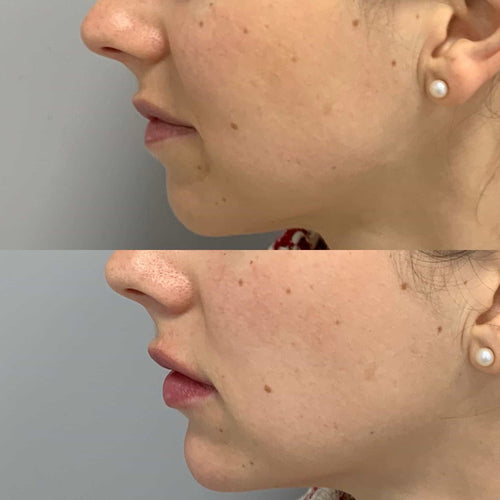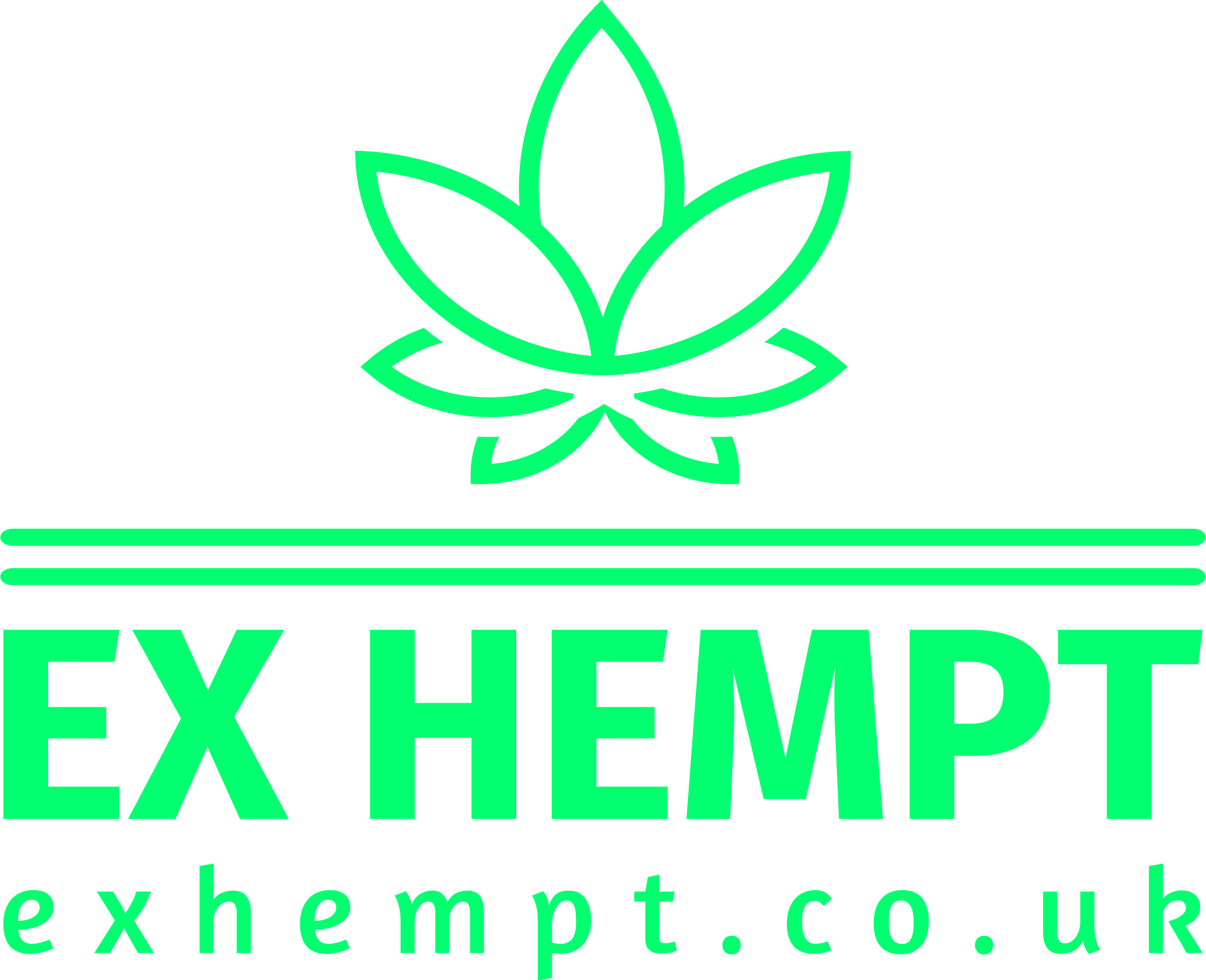Schedule a Consultation for Dermal Fillers with Dr. Laura Geige
Immediate Relief
Cold Compresses
Immediate relief from lip filler swelling can be achieved using cold compresses.
Cold temperatures constrict blood vessels, which helps to reduce inflammation and minimize swelling.
Apply a cold compress to the affected area for 15-20 minutes at a time, several times throughout the day.
You can use an ice pack wrapped in a thin towel, a bag of frozen peas, or even chilled spoons.
Avoid direct contact between the ice and your skin, as this can cause damage.
Cold compresses should be used within the first 24-48 hours after lip filler injections to maximize their effectiveness.
In addition to cold compresses, staying hydrated, elevating your head while sleeping, and avoiding strenuous activities can also help reduce swelling.
Arnica Gel or Tablets
Lip fillers are a popular cosmetic procedure that can enhance lip shape and volume. However, swelling is a common side effect that can occur immediately after treatment and subside over several days.
Arnica, a natural herb known for its anti-inflammatory properties, is often recommended to help reduce bruising and swelling associated with cosmetic procedures, including lip fillers.
Arnica gel or tablets are available over the counter and can be used topically or orally to alleviate post-procedure discomfort.
When applied topically as a gel, arnica can be gently massaged onto the affected area, helping to improve circulation and reduce inflammation.
Arnica tablets are taken orally, allowing for systemic absorption that may provide more widespread benefits in reducing swelling throughout the body.
It’s important to note that while arnica can be beneficial, it’s not a cure-all and results may vary from person to person.
Always consult with your doctor or a qualified healthcare professional before using arnica or any other complementary therapies for lip filler swelling.
They can provide personalized advice based on your individual needs and medical history.
Lifestyle Adjustments

Elevation
Lifestyle adjustments can play a significant role in minimizing swelling after lip filler treatment. The following tips can help accelerate the healing process and reduce discomfort:
**Hydration is Key:** Drinking plenty of water throughout the day helps flush out toxins and promotes overall tissue health, aiding in reducing swelling.
**Elevate Your Head:** Sleeping with your head elevated on extra pillows can help drain excess fluid from your lips, minimizing puffiness.
**Cold Compresses:** Applying ice packs wrapped in a thin towel to the treated area for 10-15 minutes at a time can constrict blood vessels and reduce inflammation.
**Avoid Hot Drinks and Baths:** Heat can increase blood flow and exacerbate swelling. Opt for cooler beverages and lukewarm baths for the first few days after your treatment.
**Gentle Cleansing:** Wash your face with a mild cleanser twice daily, avoiding harsh scrubbing or rubbing that could irritate the area.
**Limit Alcohol Consumption:** Alcohol can dehydrate you and potentially delay healing. Avoid alcohol for at least a few days following your lip filler appointment.
**Avoid Strenuous Activity:** Excessive exercise can increase blood flow and raise body temperature, which may worsen swelling. Engage in light activities only during the initial recovery period.
Consult Dr. Laura Geige for Dermal Fillers at It’s Me and You Clinic
**No Smoking or Vaping:** Smoking constricts blood vessels and impairs circulation, potentially hindering healing and increasing the risk of complications.
Remember that swelling is a normal part of the lip filler process, and it typically subsides within a few days to a week. By following these lifestyle adjustments, you can help minimize discomfort and promote optimal healing.
Hydration
Lifestyle adjustments play a crucial role in minimizing lip filler swelling after treatment.
Reserve Your Dermal Filler Consultation with Dr. Laura Geige Now
One of the most important things to do is avoid strenuous activity for at least 24-48 hours post-procedure. This includes intense exercise, heavy lifting, and anything that might cause your blood pressure to spike.
Strenuous activity can increase blood flow to the area, exacerbating swelling.
Similarly, it’s essential to minimize heat exposure. Avoid saunas, hot tubs, and prolonged sun exposure as heat can also dilate blood vessels and promote inflammation.
Alcohol consumption should be avoided for a few days following your treatment. Alcohol is a vasodilator, meaning it widens blood vessels, which can worsen swelling.
Additionally, smoking should be completely avoided, as nicotine constricts blood vessels and can impede healing.
Getting adequate sleep is crucial during the recovery period. Sleep allows your body to focus on repairing tissues and reducing inflammation.
Hydration is paramount in managing lip filler swelling. Drinking plenty of water helps flush out excess fluids and toxins, aiding in the reduction of puffiness.
Avoidance of Alcohol and Smoking
Lifestyle adjustments can significantly impact post-lip filler swelling. Prioritizing hydration by drinking plenty of water helps flush out excess fluids and reduce inflammation.
Getting enough sleep allows your body to heal and recover effectively.
Avoiding strenuous activity or excessive exercise for a few days after treatment minimizes blood flow to the treated area, preventing further swelling.
Applying a cold compress to the treated area several times a day can help constrict blood vessels and reduce inflammation.
Elevate your head with an extra pillow while sleeping to promote drainage and minimize fluid buildup in the face.
Avoiding alcohol consumption is crucial as it dehydrates the body and can exacerbate swelling.
Smoking should also be avoided, as nicotine constricts blood vessels, hindering circulation and slowing down the healing process.
Long-Term Strategies
Massage Techniques
Long-term strategies for managing lip filler swelling focus on minimizing future occurrences and promoting optimal healing.
Here are some key considerations:
-
Hydration: Staying well-hydrated is crucial for reducing inflammation and promoting lymphatic drainage, which helps flush out excess fluids. Aim for plenty of water throughout the day.
-
Nutrition: Consuming a balanced diet rich in anti-inflammatory foods like fruits, vegetables, and omega-3 fatty acids can help reduce swelling and support tissue healing.
-
Sleep: Getting sufficient sleep allows your body to repair and regenerate. Aim for 7-8 hours of quality sleep per night.
-
Sun Protection: UV radiation can exacerbate inflammation. Always wear sunscreen with an SPF of 30 or higher when exposed to the sun, even on cloudy days.
-
Avoid Touching/Picking:** Resist the urge to touch or pick at your lips as this can introduce bacteria and delay healing.
-
Consider Ice Packs: Applying ice packs for 10-15 minutes at a time, several times a day, can help reduce swelling.
Massage techniques can be helpful in managing lip filler swelling. However, it’s important to use gentle pressure and avoid harsh rubbing. Here are some techniques you can try:
-
Light Circular Motions:** Use your fingertips to gently massage the area around the lips in small circular motions. This helps to stimulate blood flow and lymphatic drainage.
-
Longitudinal Stroking: Gently stroke along the contour of the lips, following their natural shape. This can help to disperse any pooled fluid.
Remember, it’s crucial to consult with a qualified medical professional for personalized advice and guidance regarding lip filler swelling and management techniques.
Sun Protection
Long-term strategies for protecting your lips from sun damage are essential, especially after lip filler treatments where skin is more susceptible to irritation and pigmentation changes.
Firstly, consistent daily use of a broad-spectrum sunscreen with an SPF of 30 or higher is crucial. Look for sunscreens that offer both UVA and UVB protection, as both types of rays can damage the delicate lip skin.
Apply sunscreen liberally to your lips at least 15 minutes before sun exposure, and reapply every two hours, or more frequently if swimming or sweating.
Wearing protective clothing like wide-brimmed hats and sunglasses can provide an additional layer of defense against harmful UV rays. When choosing lip products, opt for those with built-in SPF protection.
Avoid prolonged exposure to direct sunlight, especially during peak hours (10am to 4pm) when the sun’s rays are strongest.
Remember that even on cloudy days, UV radiation can penetrate clouds, so sunscreen should be worn daily, regardless of the weather.
In addition to protecting your lips from sun damage, staying hydrated is also important for maintaining healthy lip skin. Drink plenty of water throughout the day.
If you notice any signs of sunburn or irritation on your lips, seek shade, apply a cool compress, and consult a dermatologist if needed.
Apples and Pears Co. K Aesthetics Studio Lottie London Aesthetics
- Why CBD Gummies Are A Convenient Way To Get Your Daily Dose Of CBD - November 17, 2025
- What Is The Best Filler For Older Skin? - November 14, 2025
- What Are The Benefits Of CBD Gummies For Healthy Skin And Beauty? - November 13, 2025
